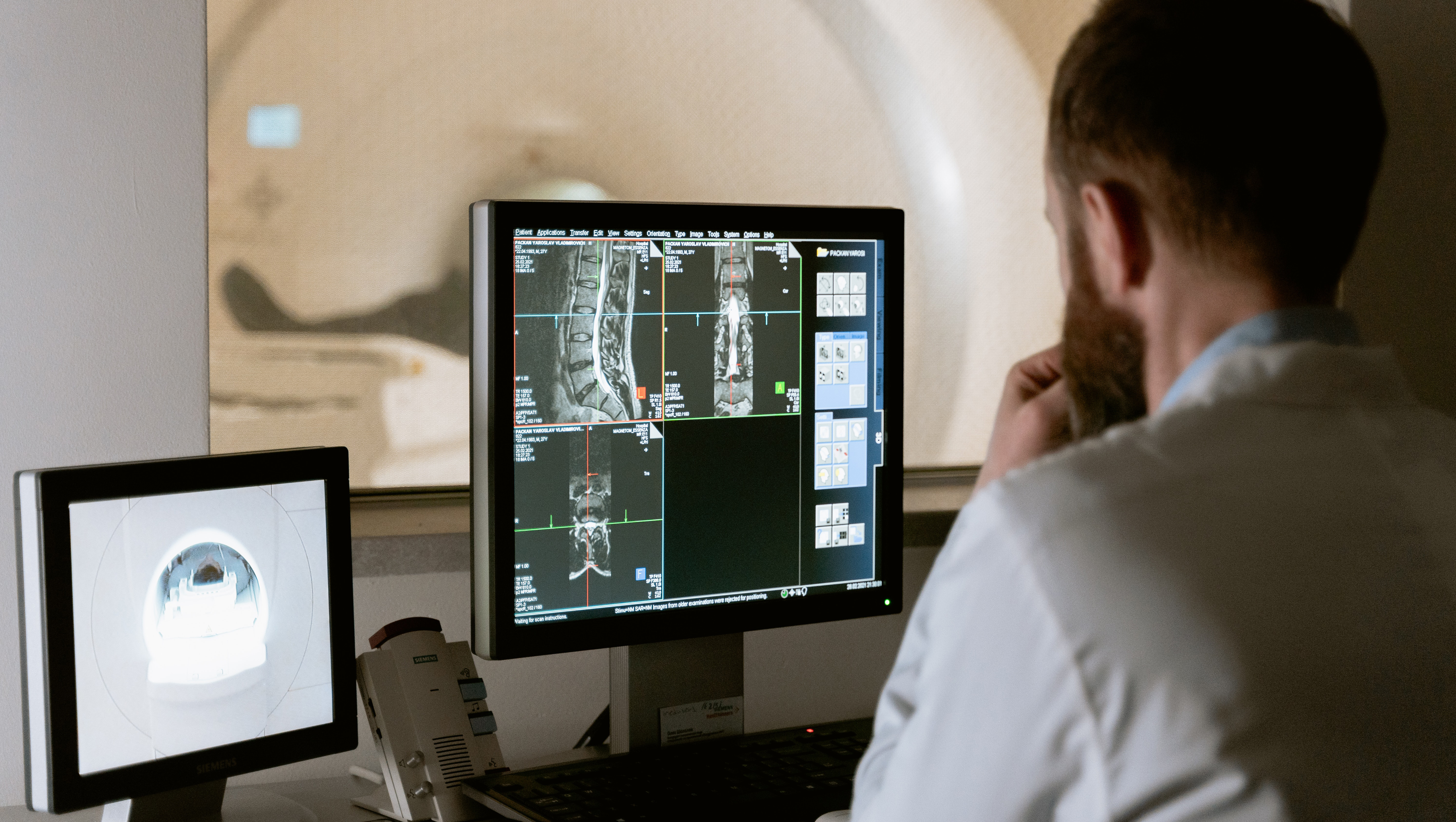The calculation of reimbursement under the Medicare Physician Fee Schedule (MPFS) is made up of three components, each of which can be adjusted during the annual rulemaking process. The one most discussed is the Conversion Factor (CF), which is the dollar amount applied to the table of Relative Value Units (RVU) to arrive at the reimbursement rate for each procedure; this is known as the National Medicare Fee. However, there is another factor, the Geographic Practice Cost Index (GPCI), that is applied individually to each payment locality across the country. This resulting fee is what is paid to the practice based on the location where the services are performed. The 2023 MPFS Proposed Rule proposes changes to all three components.
How Will the MPFS Proposed Rule Valuation Changes Impact Radiology? on August 11, 2022
Categories: radiology reimbursement, MPFS, radiology, Medicare Physician Fee Schedule
What’s In Store for Radiology In The 2023 Medicare Proposed Rule? on July 19, 2022
The Centers for Medicare and Medicaid Services (CMS) press release announcing the Medicare Physician Fee Schedule (MPFS) Proposed Rule for 2023 highlights expanded access to behavioral health services, Accountable Care Organizations (ACO), cancer screening, and dental care. Of these areas, cancer screening could be important to radiology practices, but the news was not good – CMS declined to include CT colonography coverage while it expanded coverage for traditional colonoscopy. The MPFS regulates the Medicare fee schedule payment provisions as well as the Quality Payment Program (QPP).
Categories: radiology reimbursement, cms, MPFS, MIPS, MIPS participation, radiology, QPP
How To Enhance Practice Revenue Using Video Reporting on July 1, 2022
Radiologists at NYU Langone Medical Center have been creating video radiology reports in addition to their traditional text-based reports. The videos are intended for the patient, not the referring physician, and they are uploaded to the patient portal as they are completed. A team headed by Michael P. Recht, MD, studied the results, which became available online April 20 at the American Journal of Roentgenology. An example of a video report is included in NYU Langone’s NewsHub.
Categories: radiology reimbursement, radiology coding, radiology, TAVR
Practical Implications of the No Surprises Act for Radiology Practices on February 12, 2022
The federal No Surprises Act (NSA) has been in effect for a few weeks and many practices are just now beginning to make adjustments to accommodate the law. The level of pro-active involvement might be different for practices working solely in a hospital system from those with a private office or imaging center.
Categories: radiology reimbursement, radiology, No Surprises Act, NSA
Understanding The Impact of The Medicare Fee Schedule For 2022 On Your Radiology Practice on January 17, 2022
Now that the final Medicare conversion factor (CF) for 2022 of $34.6062 has been established, following passage of the Protecting Medicare and American Farmers from Sequester Cuts Act, we can analyze the real impact that radiology practices can expect this year. We reported recently that the final CF is a 0.82% reduction from the 2021 rate. However, the CF is not the only factor that affects the Medicare fee schedule. CMS annually revises the pricing of various procedure codes due to changes in practice expense, which generally affects the Technical Component (TC) more than the Professional Component (PC). Accordingly, radiologists will see a different overall result for services in a private office or imaging center than they will for hospital services.
Categories: radiology reimbursement, medicare, medicare reimbursement, radiology, Medicare Physician Fee Schedule
A Surprising Consequence of The No Surprises Act on December 10, 2021
The No Surprises Act (NSA) was designed to protect patients from receiving large medical bills from a physician or facility that does not participate in their insurance plan. It was to provide a mechanism whereby the providers could receive a payment from insurers that reflects a reasonable market price, with a dispute resolution process to be used when the parties were too far apart to reach an agreement. While this all sounds very reasonable and good for patients, it always seemed like the insurance companies could use the law as leverage to terminate existing agreements with providers who had negotiated high fee schedules and force them into lower-rate contracts. And that is exactly what is beginning to happen.
Categories: radiology reimbursement, radiology, surprise billing
Understanding Payment Dispute Resolution Under The Federal ‘Surprise Billing’ Rule on November 4, 2021
On January 1, 2022, practices will have to comply with the federal No Surprises Act (NSA) unless their state has a similar law already in effect. The federal legislation that was passed in December 2020 is intended to allow providers to receive a reasonable payment from insurers for services to non-network patients without putting those patients in the middle of a payment dispute. At the end of September, long-awaited regulations that will govern the details of its implementation were issued and were met with displeasure by healthcare providers. For example, the American College of Radiology® (ACR®) wrote in its detailed summary of the rule that it “is disappointed that the regulations violate the intent of the No Surprises Act (NSA) by making the Qualified Payment Amount (QPA) the primary determinant of physician payment rates in the independent dispute resolution process.”
Categories: radiology reimbursement, radiology, surprise billing
HCPCS Code for Billing Artificial Intelligence is Announced on August 4, 2021
In our recent article on reimbursement for using artificial intelligence (AI) in radiology, Sandy Coffta mentioned the possibility of new codes proposed by the American College of Radiology (ACR) and other imaging societies. One of those new codes was approved and released on July 1, 2021, for use beginning January 1, 2022. HCPCS[1] Level II code 0691T (CPT[2] Category III) will apply to the use of AI for automated analysis of existing CT studies for vertebral fracture(s), including assessment of bone density when performed, data preparation, interpretation, and reporting.
Categories: radiology reimbursement, radiology coding, radiology, artificial intelligence
Low-Dose CT (LDCT) Lung Cancer Screening Guidelines Are Changing on July 21, 2021
Based on revised recommendations from the US Preventive Services Task Force (USPSTF), the Centers for Medicare and Medicaid Services (CMS) is considering an adjustment to its reimbursement policy for LDCT Lung Cancer Screening. CMS expects to complete its decision-making process before February 2022. In the meantime, many commercial payers have already expanded coverage by adopting the new recommendations.
Categories: radiology reimbursement, cms, radiology, lung cancer screening
Radiology Groups Can Prepare Now to Implement the No Surprises Act on April 28, 2021
The No Surprises Act* will become effective January 1, 2022. This is the first federal regulation that is aimed at protecting patients from receiving unexpected bills from healthcare providers who are outside of their insurer’s network. Review our recent article for an overview of its provisions.
Categories: radiology reimbursement, radiology, surprise billing













